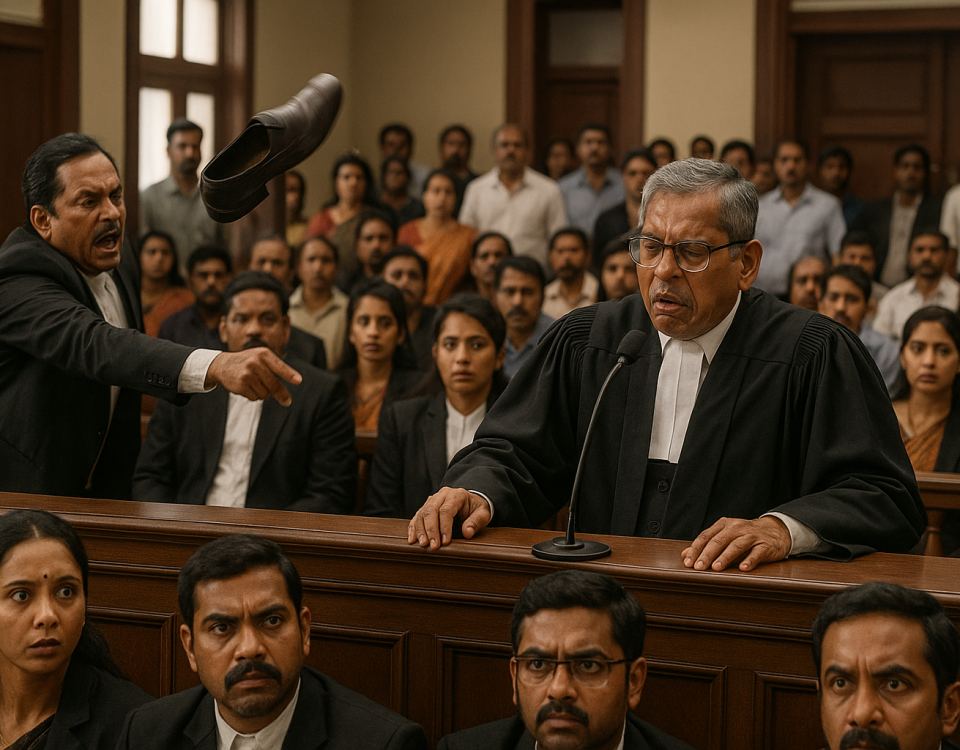
Bangladesh Plans Major Constitutional Changes, May Remove Secularism and Socialism
DHAKA, January 18, 2025 – Bangladesh’s interim government, led by Muhammad Yunus, is considering major constitutional changes that could redefine the nation’s core principles. A government-appointed commission has proposed removing secularism, socialism, and nationalism from the constitution. These changes aim to restructure governance, reduce executive power, and reflect the aspirations of the people following the 2024 mass uprising.
Key Proposals in the Reform Plan
On Wednesday, the Constitution Reform Commission submitted its report to interim government chief Muhammad Yunus. The report recommends replacing the current fundamental principles of state policy with five new guiding ideals: equality, human dignity, social justice, pluralism, and democracy. The only principle retained from the original 1972 constitution is democracy.
The commission also proposed:
- A bicameral parliament with a lower house (National Assembly) of 400 seats and an upper house (Senate) of 105 seats.
- A four-year parliamentary term instead of the current five years.
- A two-term limit for the prime minister.
- A National Constitutional Council to balance power between the executive, judiciary, and legislature.
- Reintroducing referendums for constitutional amendments.
Commission Chairman Ali Riaz stated that these reforms are essential to ending years of “autocratic authoritarianism” caused by excessive power in the prime minister’s office.
Political Context and Reactions
The proposals follow the removal of Sheikh Hasina from power in August 2024 after mass student-led protests. Hasina, who ruled Bangladesh for 16 years, is now in exile in India. Critics argue that her government concentrated too much power in the prime minister’s office, leading to an imbalance in governance. Some also claim that the 1972 constitution was influenced by her father, Sheikh Mujibur Rahman, the founding leader of Bangladesh.
The interim government under Yunus has formed 11 commissions to reform key sectors, including the judiciary, electoral system, and public administration. The constitutional changes are central to these efforts. Political consultations are expected to take place in February 2025.
Debate Over Secularism and Socialism
One of the most controversial aspects of the proposed reforms is the removal of secularism and socialism. Secularism has been a key principle of Bangladesh’s identity as a Muslim-majority democracy since its independence in 1971. Critics argue that removing it could undermine religious tolerance and social equality.
The opposition, including the Awami League and Bangladesh Nationalist Party (BNP), has expressed concerns. The BNP has pointed to its earlier reform proposals, such as “Vision 2030,” emphasizing that constitutional changes should ensure political stability rather than create further divisions.
Bangladesh at a Crossroads
As Bangladesh prepares for political consultations on the reforms, the nation faces a critical moment. The proposed changes could decentralize power and modernize governance, but they also risk deepening political divisions. Whether these reforms bring stability or further polarization will depend on achieving national consensus and ensuring the people’s voices are heard in shaping the country’s future.
***






